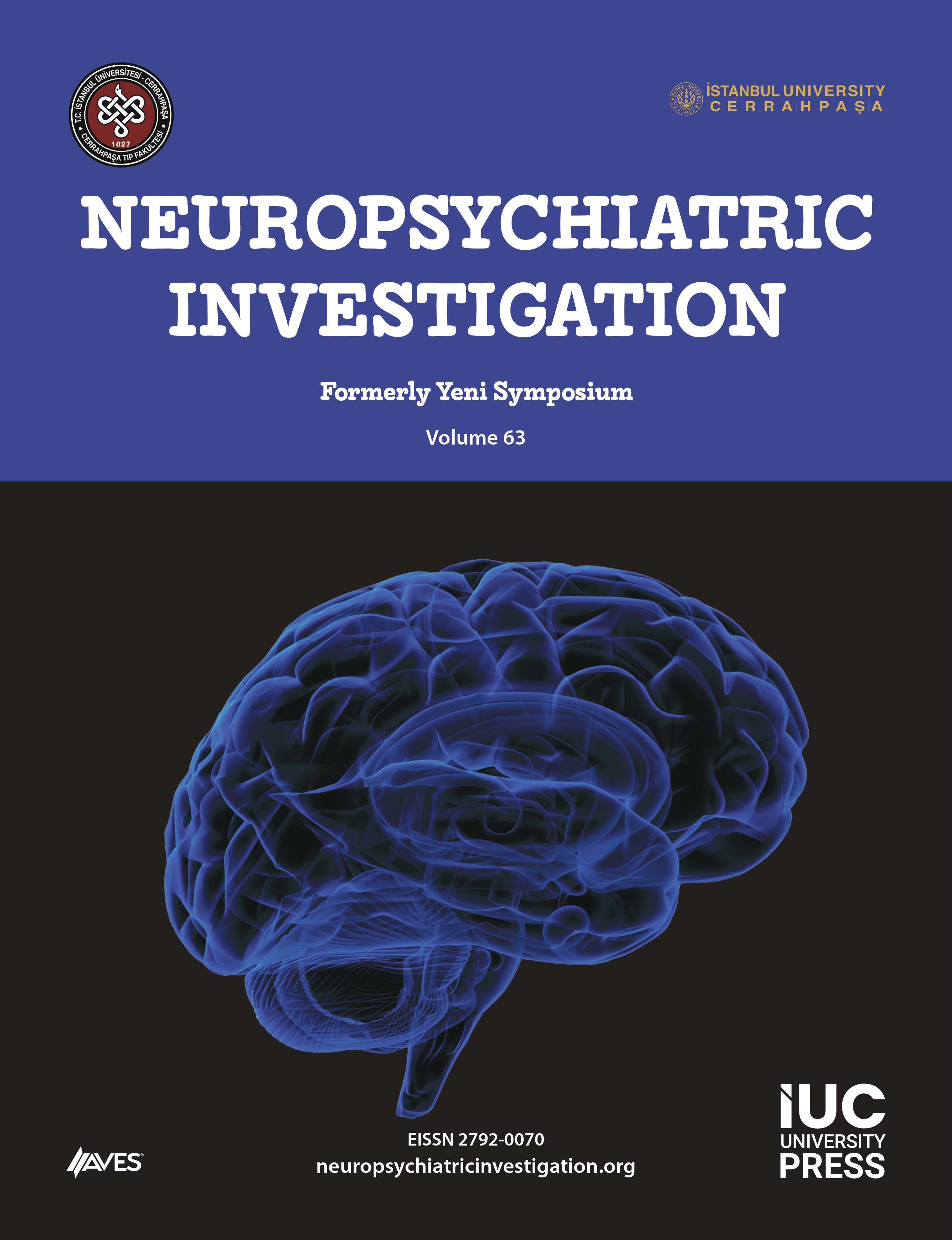Objective: This study aims to explore the interconnections between social anxiety disorder (SAD), adverse childhood experiences, and pathological narcissism.
Methods: The study included 66 patients diagnosed with SAD according to the Diagnostic and Statistical Manual of Mental Disorders, Fifth Edition criteria and 55 healthy controls. All participants were assessed using The Liebowitz Social Phobia Scale (LSAS), Childhood Trauma Questionnaire (CTQ), Hypersensitive Narcissism Scale (HSNS), and Narcissistic Personality Inventory-16 (NPI-16) scales. Statistical analyses included descriptive statistics, Student’s t-test, Chi-squared test, correlation tests to examine relationships between variables, and logistic regression to identify significant predictors of SAD, particularly focusing on the role of childhood trauma and narcissistic traits.
Results: The SAD patients had significantly higher scores on the CTQ total and subscales, as well as on the HSNS, compared to the healthy control group (p < .001). Additionally, there was a positive correlation between LSAS scores and both CTQ (r=.585, p < .01) and HSNS scores (r=.582, p < .01). However, no significant association was found between NPI-16 scores and LSAS or CTQ scores (r=-.064, p>.05).
Conclusion: This study highlights the increased levels of narcissistic pathology and history of childhood trauma in SAD patients. Vulnerable narcissism emerges as a key factor in SAD, emphasizing the need for comprehensive treatment approaches considering childhood trauma and narcissistic vulnerability.
Cite this article as: Gökçay H, Çabuk K, Yazıcı Karabulut İ, Sağaltıcı E, Belli H. Interconnections between childhood trauma, narcissistic vulnerability, and social anxiety disorder: A cross-sectional study. Neuropsychiatr Invest. 2024;62(3):94-99.




.png)